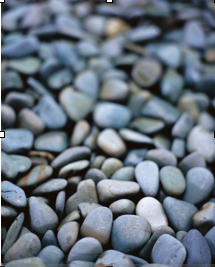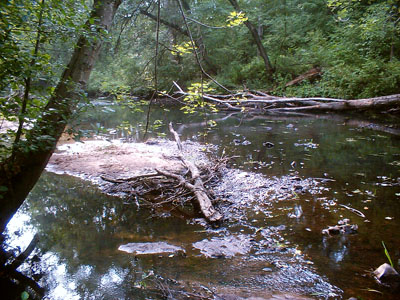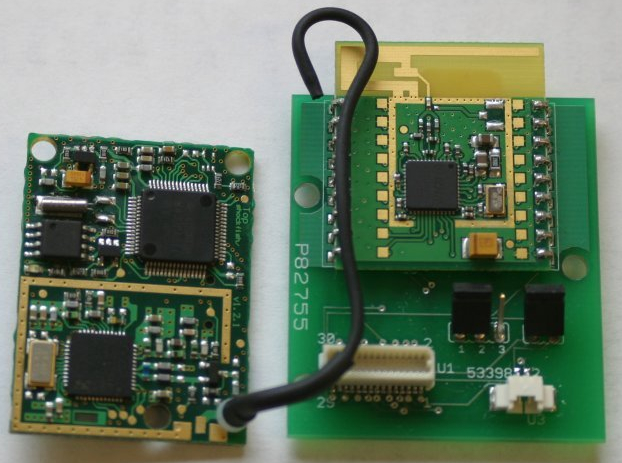 |
STONES: Storage-centric Networked Embedded Systems |
 |
Camera Sensor Networks |
 |
Networking Research
|
 |
Applications and Deployments
|
 |
Staged sensor platforms |
Fall 2006: CS691AA: Wireless Sensor Networks
Also taught in 2005, 2004.
Spring 2005: CS791T - Mathematical Techniques in Sensor Data Processing
Fall 2003: CS791L - Sensor Networks